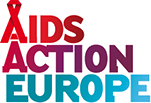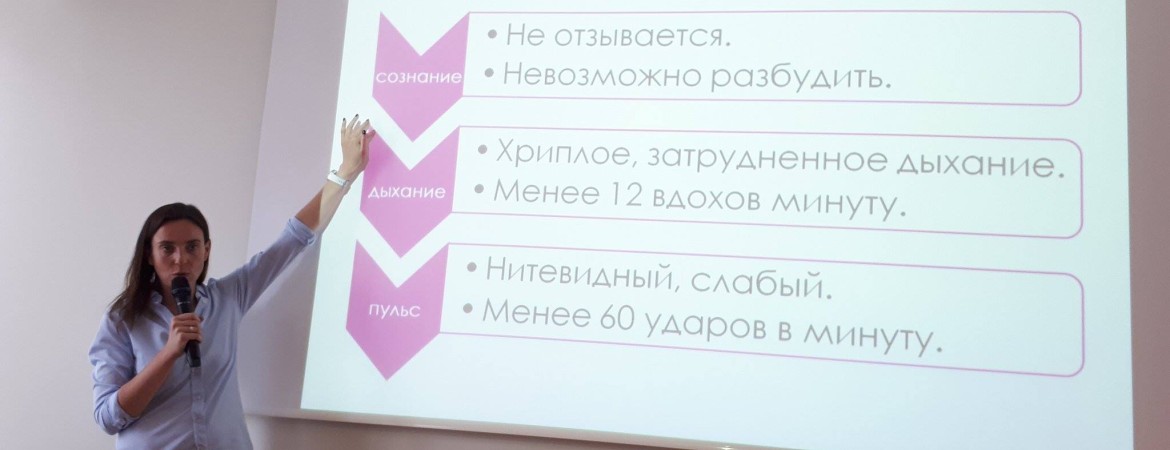1st national workshop "Preventing Opiod Overdose Deaths - Increasing Access to Nalaxone":
WP7 organised a all day workshop with the aim of improving existing take-home naloxone (THN) programmes by engaging general practitioners, police and prison staff as well as pharmacists, and teaching these stakeholders about integrated care (as part of the HA-REACT joint action).
The 1st national workshop took place on August 30th, 2017 in the Nordic Hotel Forum in Tallinn. The workshop was timed to coincide with International Overdose Awareness Day (August 31st). The workshop included a mix of presentations and discussion and consisted of two sessions.
The session topics were:
- Overdose prevention programme in Estonia: opioid related overdoses and interventions - responding to opioid overdose using naloxone
- General information about naloxone: different naloxon products (nasal and injecting)
- THN programmes: the most common problems in planning and implementing programmes
- Linkage with other services: access to naloxone through collaboration with general practitioners pharmacies, police and prisons
Participants
There were a total of 23 participants with the following, diverse backgrounds:
- Representatives from police and prisons
- Representatives of NGOs engaged in harm reduction (including outreach)
- Healthcare workers from hospitals and prisons (general practitioners and nurses)
- People who use drugs and have used harm reduction services
- Pharmacists
Proceedings of the Workshop
Aljona Kurbatova, head of the infectious diseases and drug abuse prevention department at the National Institute for Health Development in Estonia, opened the workshop. She gave the welcoming statement and also introduced the objectives of the HA-REACT project and the 1st national workshop.
In her speech, she also explained how harm reduction services and opioid overdose interventions operate in Estonia. She presented a timeline of the launch of Estonia’s national naloxone programme. She also pointed out some areas for future development - including supporting peer networks, general practitioner engagement, police and prison staff involvement, hospital discharge and ambulance service involvement.
The second presenter, Dasha Matyushina-Ocheret, was the policy reform advisor at the Eurasian Harm Reduction Network. She gave an overview of overdose prevention programmes that exist in other countries. She also provided a detailed overview of the global epidemiology of drug-related deaths (DRDs), emphasising overdose intervention and prevention. She explained the causes and mechanisms of the global DRDs, their risk factors, myths and how to identify the signs and symptoms of an overdose. Her presentation included a number of exercises showing how to use naloxone after an overdose. She also stressed the importance of linking existing naloxone programmes with other services – access to naloxone through collaboration with general practitioners, pharmacies, police, prisons and others.
During the second part of the workshop, relevant stakeholders were invited to share their experiences and expectations relating to co-operation to prevent overdose deaths. These stakeholders included: people who use drugs, pharmacies and police. This section of the programme provided the audience an opportunity to discuss different needs of people who inject drugs (PWID) and the main barriers and facilitators to developing THN programmes.
The discussion during the workshop led to the identification of some key take-home messages.
- Good coverage of naloxone can save lives.
- Wider distribution of naloxone is essential in Estonia. Pharmacists are to play a major role here as they can identify patients who are at risk even in small villages.
- Peers and non-medical personnel are willing and able to administer naloxone. They can act as an authentic voice to other service users conveying client´s needs.
- Police want to strengthen cooperation with PWID and are willing to play the essential role in creating the right atmosphere for PWID to ask for help.

